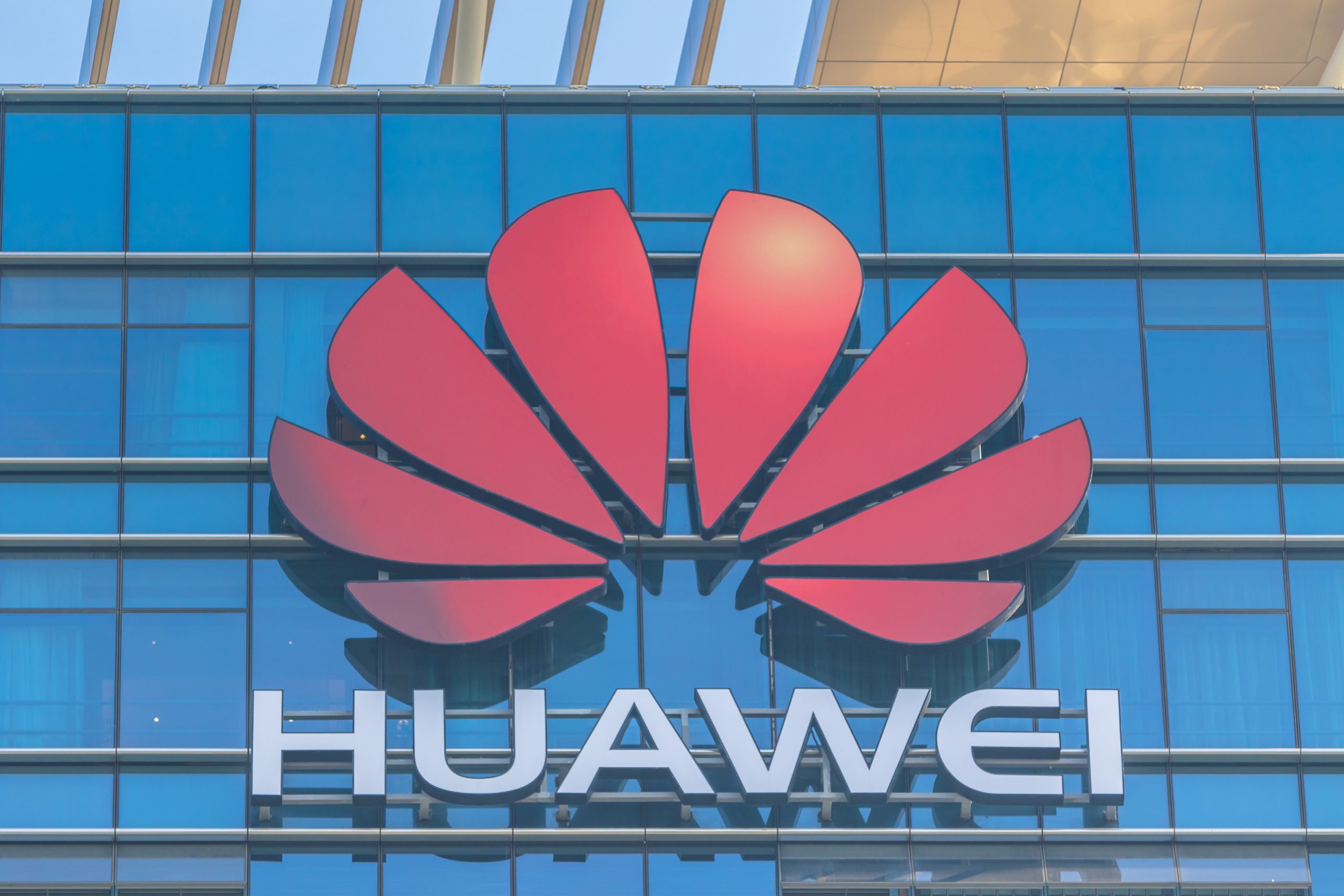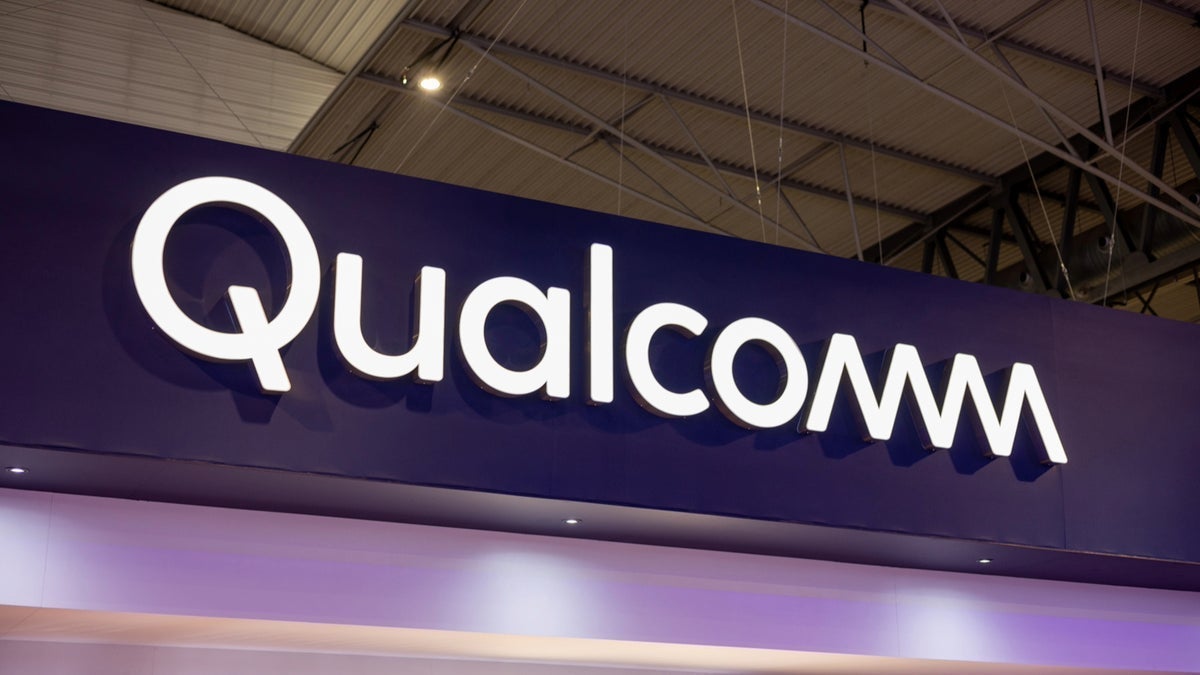Silicon Valley has rediscovered its faith. After a long decade of efficient and discreet technocrats – as discreet as a CEO registered in Los Altos can be –, The technology industry has returned to the prophets who not only sell products, but also revolutions.
The change is striking. The days of Tim Cook perfecting supply chains, Nadella optimizing the cloud and Sundar Pichai refining search algorithms are being left behind. It continues, but it no longer sets the agenda.
They were and are more than competent leaders who talk a lot about metrics and approaches, but hardly about missions. Technology had become too serious for the messiahs.
But the pendulum has changed direction to return to its origin. The new generation of influential technology CEOs is not content with running companies: they want to shape the future of the planet. This is where older CEOs come in who have recently redefined their role, like Huang after the rise of NVIDIA, Musk with the purchase of X and the birth of xAI, a Zuckerberg who is not the same as before or Sam Altman with the rise of OpenAI.
AI, transhumanism or space colonization have replaced smartphones and social networks as horizons of absolute promise.
This return to technological messianism is not coincidental. It arises from a triple crisis:
- Loss of faith in the gradual process.
- The exhaustion of incremental innovation.
- The desperate need for new narratives that make sense of an increasingly complex and rapidly changing world.
These new prophets are different from their predecessors. Where Jobs saw tools for creatives, Musk sells visions of extinction and salvation. Marc Benioff called for the end of traditional software, but Sam Altman prophesies about the end of human work as we know it. The scale of promises has multipliedand with it the risks of massive disillusionment.
The most worrying change is the fusion between technological messianism and political ideology. The new leaders don’t just want to change how we use technology, they want to redefine how we think about progress, democracy, and human nature. Technology is no longer a tool, it is a worldview.
This evolution suggests an industry that has lost the modesty that comes with experience. The failures of the past – from Google Glass to the metaverse – seem forgotten in the rush to herald the next transformative revolution.
Silicon Valley needs ambition to address the problems of our time, but history suggests that the best breakthroughs tend to come from pragmatic engineers or product-obsessed visionaries, not charismatic prophets. Between messianism and cynicism there is a healthy middle ground: ambition tempered by humility.
In WorldOfSoftware | Silicon Valley has a problem: its engineers are beginning to look to the other side of the Pacific. Specifically towards China
Featured image | WorldOfSoftware with Midjourney











